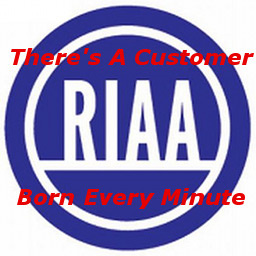 RIAA lawyers won a victory in the Joel Tenenbaum file sharing lawsuit yesterday when a Federal Appeals Court overturned a lower court decision to allow a hearing to be webcast.
RIAA lawyers won a victory in the Joel Tenenbaum file sharing lawsuit yesterday when a Federal Appeals Court overturned a lower court decision to allow a hearing to be webcast.
They noted the same rule included a list of specific circumstances where broadcasting court proceedings would be appropriate, which wouldn't be necessary if the decision were left in the judge's hands.
Regardless of the court's opinion on the procedural question, what remains to be explained by the RIAA is why they are opposed to the public seeing what goes on in the courtroom. Their lawyers argue it would cause their clients irreparable harm because it could be edited in such a way as to make them look bad.
Although he's sympathetic to the RIAA's concerns, as he told Afterdawn earlier this year, Tenenbaum's lawyer feels the wording of Judge Gertner's ruling addresses the issues. The RIAA would have been given equal access to the original, unedited footage, allowing them to use it for their own "educational" purposes.











